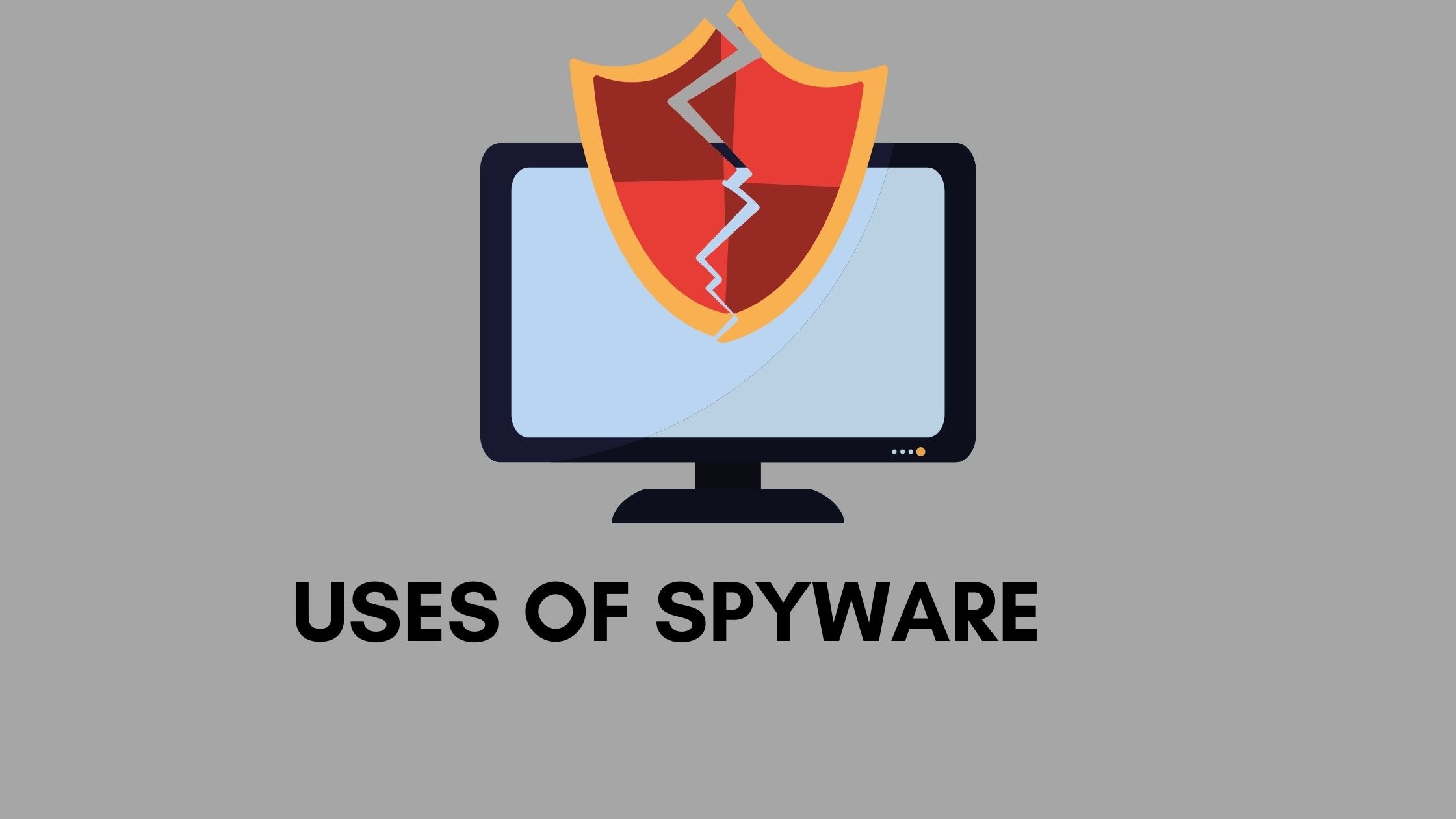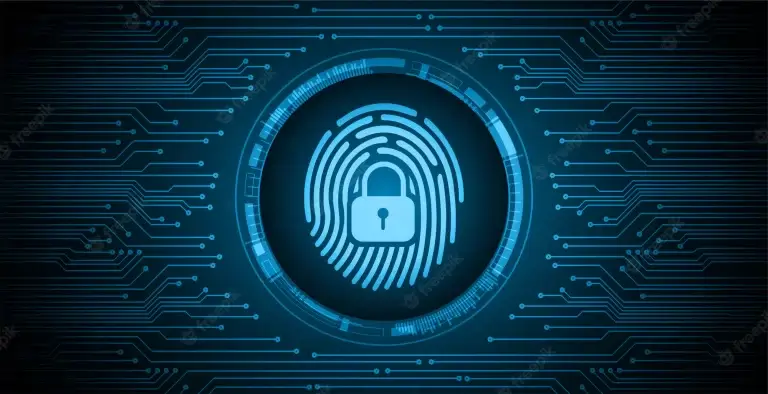What Is Spyware & What Are Its Types?

Spyware is a type of malware that is used to collect information about computer users without their knowledge. It can be used to track what websites are visited, what programs are used, and even steal personal information like passwords or credit card numbers. Spyware is often installed on a computer without the user’s consent and can be very difficult to remove.
The most common way for spyware to be installed on a computer is through infected email attachments or downloaded files. It can also be installed by visiting malicious websites or by using infected USB drives. Once it’s installed, the spyware can start collecting information immediately and may be very difficult to detect.
Types of spyware
Spyware is a type of malware that can be installed on a computer or mobile device without the user’s knowledge. It can be used to track the user’s activities, collect personal information, or even take control of the device.
There are several different types of spyware, including adware, browser hijackers, keyloggers, and Trojans.
Check How To Secure Your Smartphone From Viruses?
Adware
Adware is a type of software that installs without the user’s consent and typically displays advertisements. It can be used to track web browsing habits in order to target ads or to collect information about the user for other purposes.
Some adware is also classified as spyware, which can be used to gather personal information about users without their knowledge or consent. While adware and spyware can often be difficult to remove, there are some steps that can be taken to minimize the risk of infection.
Browser hijackers
Browser hijackers are a type of spyware that can change the settings on your web browser without your permission. They can change your homepage, default search engine, and even install toolbars that you don’t want.
Browser hijackers can also track your browsing activity and send it back to the person who installed the hijacker. This can be very dangerous, especially if you’re visiting websites with sensitive information.
There are a few ways to protect yourself from browser hijackers. The first is to keep your software up-to-date. Make sure you have the latest versions of Java, Flash, and Adobe Reader, as these are all common targets for hijackers.
You should also install a good antivirus program and keep it up-to-date. Finally, be careful when you’re browsing the internet. are programs that change the user’s default browser settings without their permission.
Check How Phishing Attacks Work?
Keyloggers
Keyloggers are a type of spyware that logs all the keystrokes a user makes on their computer. This information can be used to steal passwords, financial information, and other sensitive data. Keyloggers can be installed through infected emails or websites, or they can be hidden on a USB drive and inserted into a computer. They can also be installed directly by malware programs.
Keyloggers are often used by hackers to gain access to user accounts, but they can also be used by employers to monitor employee activity. Some keyloggers include features that allow the user to view the logged data remotely, and some even include encryption to protect the data from being accessed by unauthorized users.
Trojans
The Trojan horse, first mentioned in the Bible, is a type of malware that can be used to spy on users and infiltrate their systems. It is often distributed through email attachments or malicious websites.
Once installed, the Trojan horse can allow hackers to access sensitive data, including usernames and passwords. It can also be used to install other types of malware on the victim’s system.
Check Best Mobile Spyware Apps
The dangers of spyware
Spyware is a type of software that is installed on a computer without the user’s knowledge and consent. Some of the most common uses of spyware include:
Stealing financial information: Spyware can be used to steal credit card numbers, bank account information, and other sensitive data.
Tracking user activity: Spyware can be used to track the websites users visit, the programs they use, and the text they type. This information can then be used to create targeted ads or to sell to third parties.
Controlling devices: Spyware can be used to take control of devices such as computers, smartphones, or tablets. Trojans are malicious programs that masquerade as legitimate software but actually do harm to the user’s computer.
Installing Malware: Spyware can also be used to install other types of malware, such as viruses or ransomware.
Because spyware can be used for a variety of purposes, it can be very dangerous to have on your computer. It can allow someone else access to your personal information, which they could use for identity theft or other malicious activities. Spyware can also slow down your computer and cause other problems.
If you think you may have spyware on your computer, it’s best to run a full system scan with an anti-spyware program. This will check for any hidden programs that may be trying to track your internet usage.
How to detect spyware on your computer
Spyware is a type of software that is installed on a computer without the user’s knowledge. The purpose of spyware is to collect information about the user, such as their internet activity, passwords, and credit card numbers. Spyware can also cause the computer to run slowly or crash.
There are several ways to detect spyware on your mobile. There are numbers to dial to see if your phone is tapped. The second is to run an anti-spyware program. Anti-spyware programs scan your computer for spyware and remove it. There are several free anti-spyware programs available online, such as Spybot Search and Destroy and Ad-Aware.
Another way to detect spyware is to check your browser history. If you see websites that you do not remember visiting, it may be because they were visited by spyware on your computer. If you suspect spyware, do not take any action without first consulting an IT professional. Spyware can be removed by purchasing a legitimate product or removing it manually.

Protecting your computer from spyware
Spyware can be a major annoyance and it can also pose a security risk. It is important to protect your computer from spyware by using anti-spyware software and being careful about the websites you visit and the files you download. Only visit reputable websites, and avoid downloading files from unknown sources.
Anti-spyware software can detect and remove spyware from your computer. There are a number of different anti-spyware programs available, so you can choose the one that best meets your needs. Be sure to keep your anti-spyware program up-to-date so that it can protect you against the latest threats.
Check How To Keep Your Property Safe And Insured
Conclusion
Spyware has many uses, both good and bad. It can be used for malicious purposes, such as monitoring the activities of users and performing certain functions on the user’s behalf.
This can include things like collecting personal information about the user or providing a ‘spy’ service for the user (such as monitoring their online activity). It can also be used for benign purposes, such as to improve website usability or gather marketing data. Spyware can also be helpful in diagnosing and solving technical problems.






